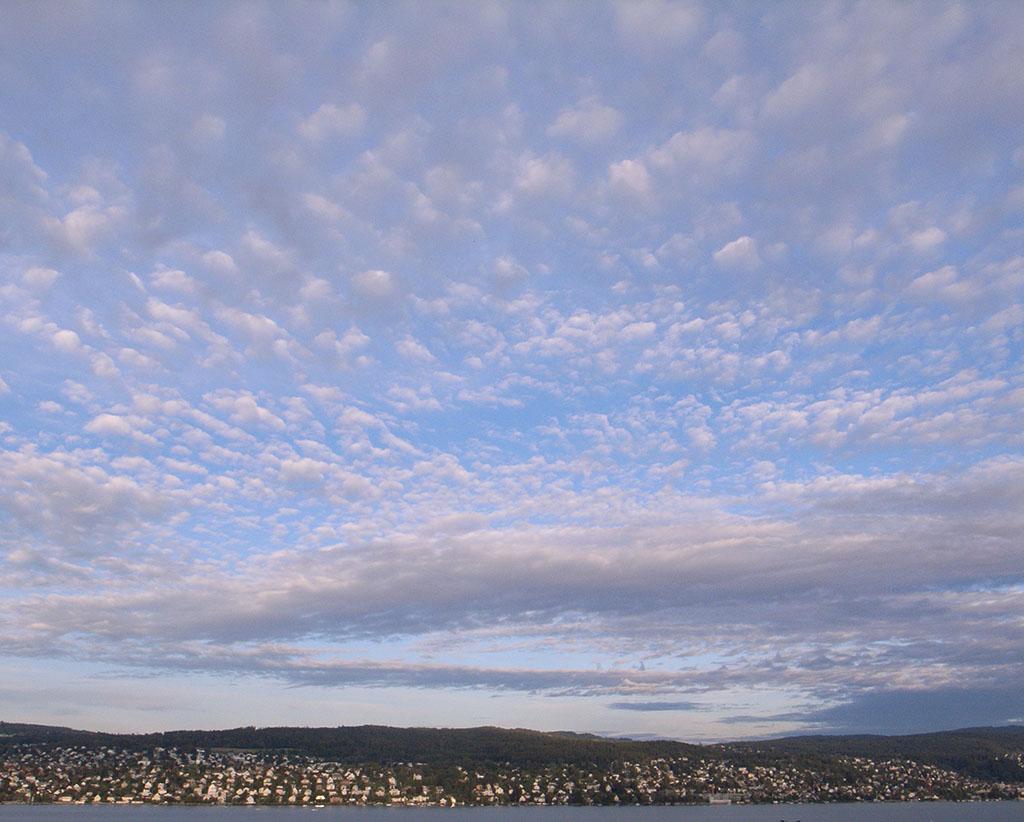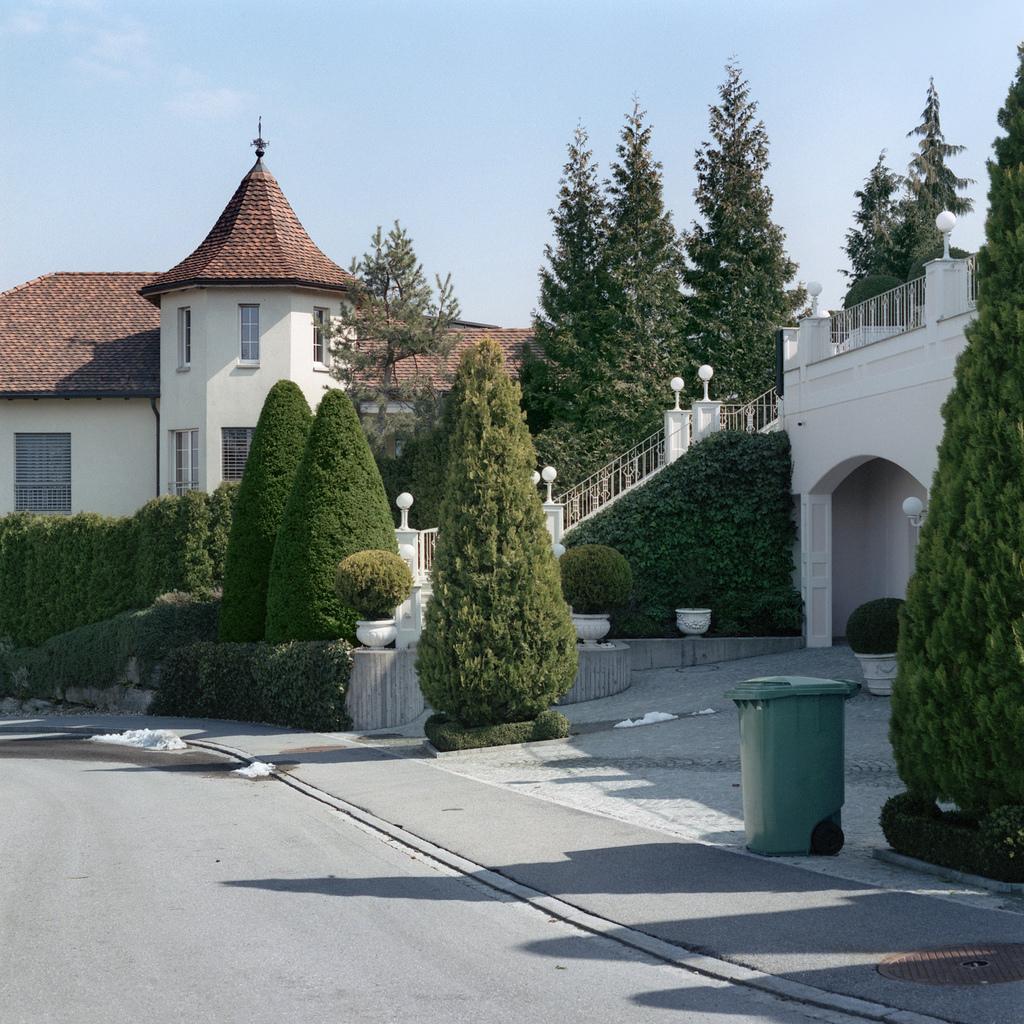Advantage Tsonga: tax system not so good for fans

Although there are currently five French male tennis players in the world top 30, the chances of seeing them play at a Swiss tournament are slim. The reason is that they all live in Switzerland for tax reasons and therefore would have to give back some or all of their winnings.
The Basel Swiss Indoors tennis tournament begins on Saturday, but none of the above will be there – unlike local lad Roger Federer, Rafael Nadal and Stan Wawrinka (ranked two, three and four respectively in the world rankings).
Jo-Wilfried Tsonga, currently the world number 12, lives in Gingins, canton Vaud, about 5km from the French border. There, he benefits from a lump sum agreement based on a wealth tax, according to a report on Swiss public television, RTS, on Friday.
According to cantonal regulations, he consequently doesn’t have the right to earn money by working in Switzerland. He is of course allowed to enter Swiss tournaments, but he would have to hand back any prize money and turn down appearance fees.
Other French tennis players in the same boat include Gilles Simon (world number 18), Gaël Monfils (20), Richard Gasquet (22) and Julien Benneteau (26), and among those in retirement Guy Forget, Amélie Mauresmo and Marion Bartoli.
However, as Pascal Broulis, who heads the cantonal finance department, told RTS, “there are several lump sum schemes – the athletes pick and choose”.
This explained the presence of Benneteau and Gasquet on the Basel draw – until they pulled out. Both are set to play for France in the final of the Davis Cup against Switzerland on November 21-23.
No business
The lump sum tax system was first introduced in canton Vaud in 1862 to cope with the rising number of wealthy foreigners (mainly British) who were settling there. The system neatly sidestepped the need to calculate the often complicated wealth, income and tax arrangements of such individuals that could be spread over many countries. Other cantons soon adopted similar programmes.
The lump sum tax system places a levy on the living expenses of wealthy foreign residents, while ignoring their overseas earnings and wealth. It is only available to people who do not conduct any business activity inside Switzerland. Sports stars – many Formula One drivers, for example Michael Schumacher, live in Switzerland – and artists can also benefit from the system.
According to the Conference of Cantonal Finance Directors, there were some 3,106 lump sum residents living in Switzerland in 1999. This increased to 5,003 in 2008 and 5,634 by the end of 2012 (latest figure).
In 2012, the lowest amount paid by any lump sum individual was CHF10,000 ($10,580), the highest was CHF8,230,326. The average payment was CHF123,358 (up from CHF94,549 in 2006).
Growing opposition
An initiative by the leftwing Alternative Left group to do away with lump sum taxation nationwide will be put to vote on November 30. A “yes” vote could herald the departure of wealthy sports personalities from previously tax-friendly cantons.
The opposition against the special treatment has been gathering force for some time now. In 2012, the government decided to tighten the lump sum tax rules in the face of growing opposition to the system from Swiss voters. From the start of 2016 lump sum beneficiaries must be charged at least seven times the rental value of their property at federal and cantonal level (this raises the level from five times the rental value of property at present, although some cantons have already raised the minimum levy bar).
To qualify for federal lump sum treatment, foreign residents will also have to prove a minimum income of CHF400,000.
For example, a foreigner who buys a property in Switzerland that has a rental value of CHF5,000 per month will pay a minimum tax of CHF420,000 (5,000 x 12 x7). Other expenses, such as cars, yachts and school fees may also come into account when calculating the annual tax charge.
Lump sum tax can be claimed by foreigners coming to the country for the first time or returning to Switzerland after an absence of at least ten years.

In compliance with the JTI standards
More: SWI swissinfo.ch certified by the Journalism Trust Initiative



You can find an overview of ongoing debates with our journalists here. Please join us!
If you want to start a conversation about a topic raised in this article or want to report factual errors, email us at english@swissinfo.ch.